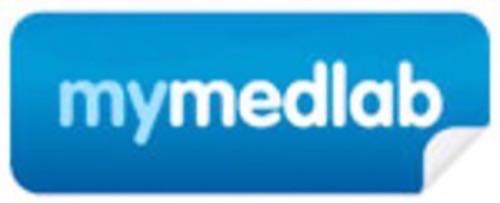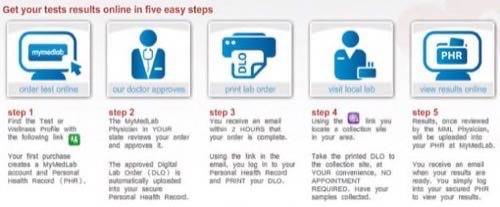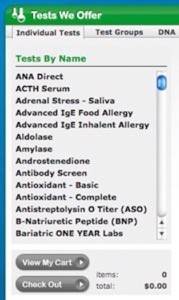On Monday we reviewed the state of health 2.0 and it was also the topic of this week’s RWW Live, our live podcast show. At the end of the podcast, I asked all the panelists to list their favorite health 2.0 app (about the 58:30 mark if you want to listen to it). I’ve listed all the apps the panelists chose at the end of this post, but I wanted to highlight my own choice in this post. I selected MyMedLab, an online lab testing service – despite it being only available in the U.S. There appear to be two key benefits to MyMedLab, and similar services such as MedLabUSA. One is that a doctor’s prescription isn’t required because the test requests are approved by in-house physicians. The second is that tests can be completely confidential to the user. Both of these benefits have drawbacks though, which we’ll discuss below.

But first let’s look at the process, which is largely electronic:

There are privacy agreements to check as part of the sign-up process, and also the site has a straight forward but comprehensive privacy and security section that promises not to allow “any third party access to your personal health information.”

When it comes to getting a lab test done via MyMedLab, there is a fairly long list of lab tests that you can request through the site – although some of them aren’t available online and require you to call a phone number (e.g. DNA tests). MyMedLab has partnered with reference laboratories in the U.S. and their services are available at nearly 2000 Patient Service Centers (PSC). Users are given a secure area of the site for their “Personal Health Record (PHR)”, essentially their account history at MyMedLab.
Pros and Cons
A recent Wall St Journal article outlined some of the potential concerns about MyMedLab. While not needing a doctor’s prescription will save consumers time and money, it’s important to note that MyMedLab tests won’t necessarily be covered by a consumer’s health insurance. Also the money savings of not seeing a doctor may be offset by the cost of using MyMedLab – WSJ reported that a blood test on MyMedLab.com costs $45.
Also WSJ raised concerns about the ability of consumers to interpret their lab test results. MyMedLab says that results are interpreted by one of the company’s doctors and put in the user’s PHR. While MyMedLab encourages its users to share their test results with their own doctors, it isn’t a requirement. David Clymer, CEO of MyMedLab, commented on ReadWriteWeb earlier this week that “once you know your numbers you can begin to make informed decisions, formulate a plan, and track your progress over time.” Ultimately, as John Sharp of the eHealth blog wryly noted, this argument against MyMedLab and similar consumer-focused health services may be “one of the last hold outs of paternalistic medicine”. We at ReadWriteWeb like the fact that MyMedLab is consumer-centered, although I personally would want to run my lab tests by my doctor or specialist.
Favorite Health 2.0 Apps of the RWW Live Panelists
Here were the choices of each of the RWW Live guests this week, along with Sean the host. Let us know your own favorite in the comments, and we will take a note to explore some of them in upcoming posts.
- Sramana Mitra: Maria Health (currently in stealth mode)
- Steven Krein, OrganizedWisdom: 23andMe (online genetics)
- Abe Lederman, Deep Web Technologies: PatientsLikeMe (patient community)
- Robert Shelton, Private Access: Sermo (physicians collaboration site)
- Malcolm Costello, Kryptiq: no one choice, but likes “sites that encourage sites to take personal responsibility for their healthcare”
- Scott Shreeve, MD: ChangeHealthcare (will become “the Mint.com of healthcare”)
- Sean: Yelp (not health 2.0 per se, but it helped him find a yoga studio while traveling)

















